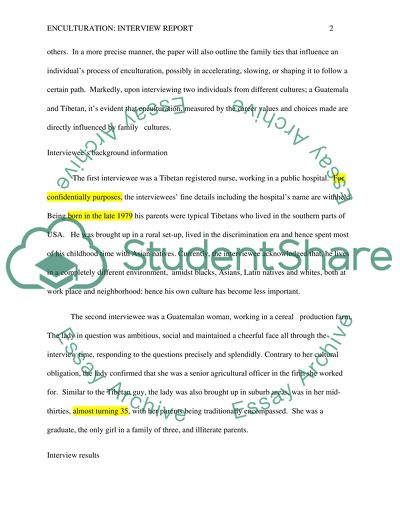Cite this document
(“The Motives of Enculturation Essay Example | Topics and Well Written Essays - 1500 words”, n.d.)
The Motives of Enculturation Essay Example | Topics and Well Written Essays - 1500 words. Retrieved from https://studentshare.org/culture/1665119-enculturation
The Motives of Enculturation Essay Example | Topics and Well Written Essays - 1500 words. Retrieved from https://studentshare.org/culture/1665119-enculturation
(The Motives of Enculturation Essay Example | Topics and Well Written Essays - 1500 Words)
The Motives of Enculturation Essay Example | Topics and Well Written Essays - 1500 Words. https://studentshare.org/culture/1665119-enculturation.
The Motives of Enculturation Essay Example | Topics and Well Written Essays - 1500 Words. https://studentshare.org/culture/1665119-enculturation.
“The Motives of Enculturation Essay Example | Topics and Well Written Essays - 1500 Words”, n.d. https://studentshare.org/culture/1665119-enculturation.


